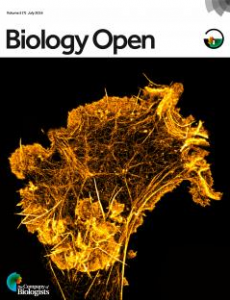 Researchers whose former colleague was recently reprimanded by the U.S. Office of Research Integrity (ORI) have retracted a biology paper for duplication.
Researchers whose former colleague was recently reprimanded by the U.S. Office of Research Integrity (ORI) have retracted a biology paper for duplication.
The retraction includes some familiar names: The last author Steven Grant, senior author of the newly retracted study, is also the last author of 11 papers flagged in a report by the ORI in December, 2015. That report focused on Girija Dasmahapatra, a co-author of the 11 studies who was also based at at Virginia Commonwealth University (VCU). Dasmahapatra left VCU in 2015, and is not listed on the latest retraction.
The retracted paper, published in The Journal of Biological Chemistry (JBC), was also co-authored by Paul Dent, a biochemist at the VCU, who we mentioned last year when he offered to retract another paper in Molecular Pharmacology after concerns arose on PubPeer. The journal has instead issued a lengthy correction (what we call a “mega-correction”).
A VCU spokesperson told us:
Continue reading Retraction appears for group whose former member was sanctioned by ORI








